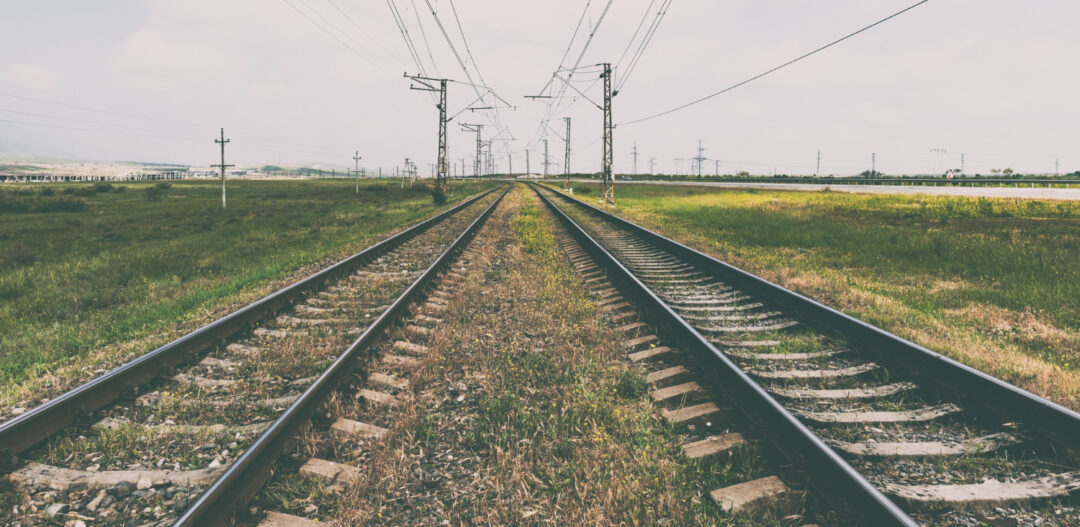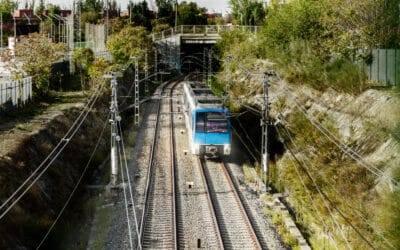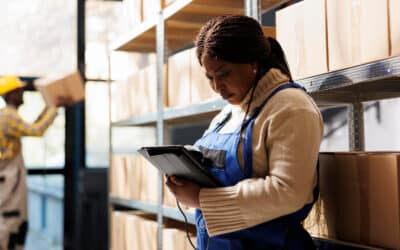Rail fares increase in line with July’s RPI inflation rate
The government has confirmed that rail fares across England are due to increase by 3.8% in March 2022. This is the largest increase in rail fares within the last nine years with the increase being in line with July’s RPI inflation rate. However, this increase is less than many feared as rail fares increased by more than RPI inflation rate in March 2021.
Will the rail fare price increase result in fewer passengers?
Due to the pandemic, an increasing amount of people are now working from home, especially those that are in the commuter belt who will often use the train to travel to nearby cities for work.
This additional price increase is likely to result in fewer people using the train than in previous years. Industry leaders have suggested a freeze in rail fare prices in an attempt to get more passengers back on the railway. But, due to the new Omicron variant of Covid-19 passenger numbers are now falling again after a peak in November 2021 at around 70% of the pre-pandemic levels.
Treasury keen to reduce subsidy in rail
The government has invested over £14bn into rail services during the pandemic in order to keep rail services running. They have said that this fare increase would contribute towards meeting some of these costs. The rail minister Chris Heaton Harris has said that keeping rail fares in line with inflation strikes a fair balance.
The increase will be officially applied to regulated fares in England alone. However, it is likely that it will be reflected throughout the UK. Shadow transport secretary, Louise Haigh, has said that families who are already facing increasing taxes and bills will now be hit with a large increase to their daily commute costs which people may not be able to afford.
Others have also criticised the move as Paul Tuohy chief executive of Campaign for Better Transport has said that rail should be made as the affordable choice if the government is serious about reducing transport’s carbon footprint and believes rail fares should have been frozen to match the fuel duty freeze for cars.
How can we help?
At Hawsons we have a dedicated team of Transport and Logistics accountants at our offices in Sheffield, Doncaster, and Northampton.
We act for a large number of clients in this sector across our three offices, ranging from hauliers to international couriers, and understand the challenges this dynamic sector faces.
Nearly every other commercial sector is reliant on the services transport and logistic businesses provide and, in many ways, this specialist sector is the linchpin for our country’s economy.
With our experience in the transport and logistics sector we are able to develop a close understanding of your business and, through active year round involvement, we can help you anticipate and deal with challenges quickly and effectively.
More from our transport and logistics experts
You can find all of our latest transport and logistics sector news and newsletters here.
If you are looking for advice in a particular area, please get in touch with your usual Hawsons contact.
Alternatively, we offer all new clients a free initial meeting to have a discussion about their own personal circumstances – find out more or book your free initial meeting here. We have offices in Sheffield, Doncaster and Northampton.
Related content
Network Rail Spending Plans 2024 – 2029
Introduction As the impacts of climate change continue to pose significant challenges for infrastructure maintenance, Network Rail unveils its comprehensive spending plans for Control Period 7. Spanning from April 2024 to March 2029, this ambitious five-year strategy...
Truck stops to be upgraded
Introduction Truck stops across England are set to undergo a significant upgrade, thanks to a collaborative effort between industry players and the government. With a combined investment of £16.5 million, 38 HGV rest areas will see substantial improvements aimed at...
Digital skills gap found in the logistics sector
Introduction As the world becomes increasingly digitised, industries are facing a pressing need to adapt to technological advancements. The logistics sector, a cornerstone of the UK economy, is no exception. Recent findings from a report by Neos Networks have unveiled...




